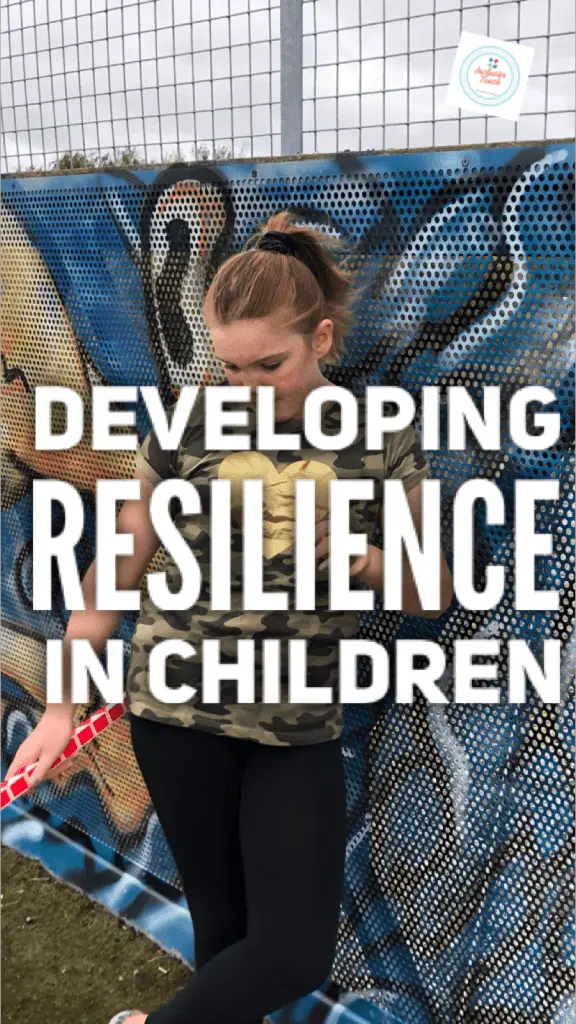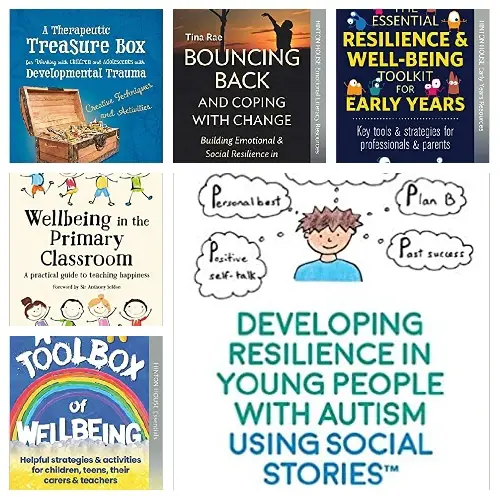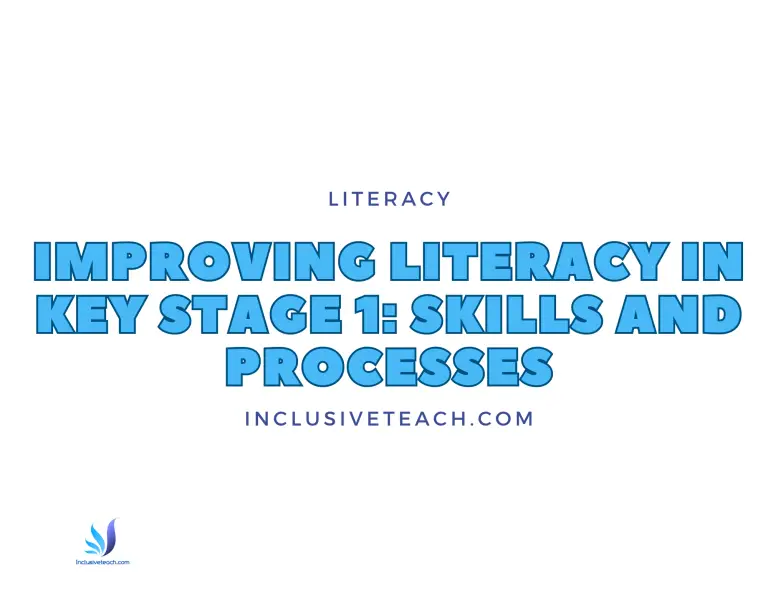How To Develop Resilience in Our Children
Developing resilience in children
Life is a beautiful journey, but it is not always a bed of roses. There are moments of sadness, stress and grief. These moments come in the lives of everyone. Although it is hard to accept, they can go into the lives of our children too. Developing resilient children is all about helping them cultivate an inner strength to deal with all the challenges of life. We have to prepare them in a way that no matter how challenging the situations are, they can cope with them and bounce back to a joyful life. Won’t it be an immense source of joy for you to see your children capable of handling the blows of life? It will be. So, let’s proceed towards discussing how we can develop resilience in children.
Cultivating Acceptance:
‘Acceptance’ is one of the essential requirements for the development of resilience. When we learn to accept things which are beyond our control, we naturally become resilient to worries, anxieties and stress. You can try to help your children cultivate acceptance by making them understand that in life, there are always some things which are beyond our control. But, how we react to them is still in our possession.
Developing resilience in children is written for inclusiveteach.com by Jessica Robinson.
We can either accept the uncertainty and live in a state of peace or make futile attempts to make any changes. Further, it is only after accepting things that we can move forwards and find out what can be done ahead. For example, if it’s a day in winter and your child was wishing for the sun to shine brightly, but it didn’t happen. If you find him becoming upset over it, then, you can teach him acceptance by making him understand that the Universe has its way of operating. Afterwards, you can ask him to think of what he can do to feel super cozy in the absence of the sun? This way, you can relate acceptance to different incidents and help your child cultivate it.
Building Resilience: Practise calming stress management techniques:
Stress is an inevitable part of life. Learning to bounce back from life’s stresses is a crucial part of developing resilience. For this part, you can make your children practice calming stress management techniques. These techniques will help him develop a robust defence mechanism against stress before he even experiences a stressful situation in his life. Given below are some simple techniques to help your children build stress-resilience:
Meditation:
Meditation is a useful technique which helps develop strong resilience against stress. It helps us learn the art of remaining non impacted by negative and worrisome thoughts. If you make your child meditate right from childhood, chances are he’ll start sailing through stressful situations without getting deeply affected by them. So, try to make meditation a part of your child’s daily routine. You can either make him join a meditation class or use YouTube guided meditation videos to help him meditate. You can also meditate along with your child to dive into waves of mental peace.
Mindfulness:
Mindfulness goes a long way in cultivating stress resilience. It helps us learn the art of living in the present moment, without getting lost into the thoughts of the past and future, when not required. As a result, we don’t accumulate unnecessary stress in our lives about what happened or could happen. Now, you can help your child learn to develop a mindful state by making him practise mindfulness exercises. Here is one such exercise for him:
- Encourage them to sit in a peaceful place with them eyes closed
- Ask them to notice the different sounds around them. There may be a pressure cooker whistling, a cat meowing or a car passing by.
- Continue this activity for around 10 minutes, then, relax!
- You can also practice this mindfulness exercise with your child. It will help you experience immense relief from stress.
Playing a sport:
Playing a sport is vital for the cultivation of stress resilience. It leads to the secretion of endorphins in the brain, which make us feel good and positive. When we play every day, we promote the regular secretion of these endorphins in our brain. As a result, we don’t fall into the pit of misery, despair and stress. So, we should try to get our children involved in playing a particular sport of his choice. Cricket, Football, Basketball are some examples of sports children usually love playing.
Taking safe risks to enhance resilience:
As parents, we have a natural tendency to be overprotective towards our kids. This is good, but to develop resilient children, we have to let them take some risk when it is safe for them. For example, we can let our children run crazily in a park. No doubt, they can fall, but they won’t get hurt by the mud. It is only if they fail that they’ll learn how to get up again! So, we can try to let our kids take some risks when it’s safe. Otherwise, they’ll miss out on learning some essential skills like self-dependence and problem-solving.
Regular cordial conversations:
Having regular, cordial conversations is an essential part of raising resilient children. Through everyday interactions, we allow our children to talk their heart out. As they pour out their feelings, emotions and concerns, they release a vast burden which they could otherwise keep piled up inside. Along with this, regular conversations also help us know more about what’s going inside our children’s mind. This is a vital thing to see as it gives us insights about their emotional and mental well-being. If we get some signs about our children facing some problems at any level, we can extend timely help without them being overburdened by the troubles.
Help the child develop a comprehensive support system:
Scientific research has shown that having a support system is crucial for our well-being. It helps us develop better-coping skills, reduces anxiety and benefits our overall well-being. So, we should try to help our children develop a comprehensive support system. Making them visit relatives frequently, helping them make new friends and develop strong relationships with their siblings are some ways through which we can help them develop a comprehensive support system.
Resilience through emotional regulation:
Many times we cannot express our emotions like anger, sadness and frustration openly. But, piling these emotions inside is not suitable for our well-being. Over time they can make us fall prey to chronic stress and anxiety, both of which have negative impacts on our resilience. This makes it essential for us to teach our kids different ways of coping with these emotions. For example, we can help them in grounding their energy of anger through exercise or creativity or journaling. Such healthy techniques for dealing with emotions will help our kids maintain good emotional well-being and resilience.
Books To Help Teach Resilience For Children With SEN
- The Essential Resilience and Wellbeing Toolkit for Early Years. Key Tools and Strategies – Buy Here
- Bouncing Back and Coping With Change – Building Emotional and Social Resilience – Buy Here
- A Toolkit of Wellbeing – Helpful Strategies and Activities for children, teens – Buy Here
- Wellbeing in the Primary Classroom – Buy Here
- Developing Resilience in Young People With Autism Using Social Stories – Buy Here
- Creative Ways To Help Children Manage Big Feelings – Buy Here
- A Therapeutic Treasure Box – Buy Here
As parents, one of the most significant responsibilities we have to shoulder is to help our children develop resilience. Having a strong strength is their key to a happy and joyful life. We can utilise the different ways mentioned above to help our children develop a strong strength. Now, wishing you All the Best and may your children learn to bounce back from life’s challenges with ease.








